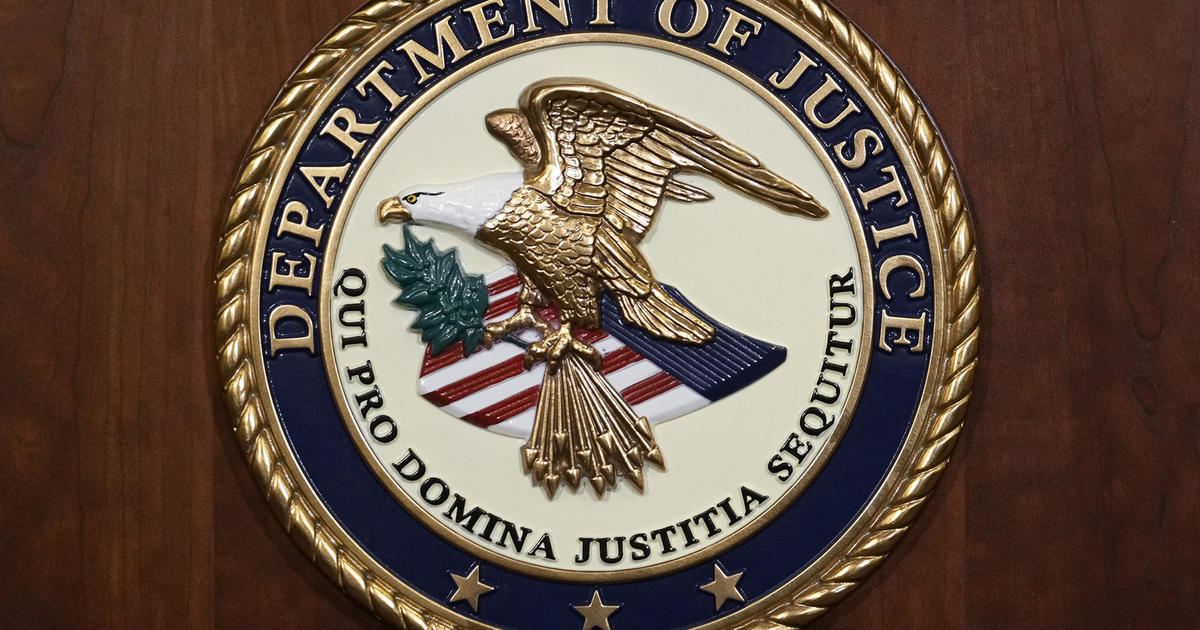The recent criminal charges filed by the Justice Department against Vikash Yadav, an Indian government employee, highlight a concerning trend of transnational assassination attempts targeting Sikh separatist leaders residing in the United States. This case, along with parallel incidents in Canada, underscores the gravity of the situation and the potential threat to American sovereignty and freedom of speech. The allegations reveal a sophisticated plot involving recruitment, attempted hiring of a hitman, and international collaboration, raising serious questions about the reach and methods of foreign interference within the U.S.
The Charges Against Vikash Yadav and the Foiled Assassination Plot
The Accusation and the Suspect
Vikash Yadav faces murder-for-hire charges in a federal court in the United States for his alleged involvement in a plot to assassinate Gurpatwant Singh Pannun, a prominent Sikh separatist leader and vocal critic of the Indian government. Yadav remains at large, demonstrating the challenges involved in apprehending individuals implicated in transnational criminal conspiracies. The charges underscore the seriousness with which the U.S. Justice Department is treating the matter, signaling a commitment to pursuing justice regardless of the suspect’s potential connections to a foreign government. This incident emphasizes the significant jurisdictional complexities involved in prosecuting such cases where the alleged crime involves multiple countries and actors. The potential for diplomatic fallout adds another layer of complexity to this case.
The Uncovered Plot
The plot, as detailed in court documents, involved recruiting Nikhil Gupta to hire a hitman to assassinate Pannun. Gupta, extradited from the Czech Republic, acted as an intermediary, unaware that the purported hitman was actually an undercover federal agent. The involvement of a confidential government source further highlights the depth and sophistication of the investigation. The proposed payment of at least $100,000 underscores the seriousness and resources committed to carrying out this alleged assassination attempt. The sheer scale and planning indicate that this was not an isolated or haphazard incident but potentially a part of a larger, organized effort.
The Broader Implications of Transnational Terrorism
The Canadian Expulsions
The timing of the U.S. charges coincides with the expulsion of six Indian diplomats from Canada, including the top diplomat, due to their alleged involvement in the assassination of a Sikh activist in Canada. This parallel situation demonstrates a concerning pattern of potential Indian government involvement in targeting Sikh separatist leaders in North America. The coordinated nature of these events suggests a potentially larger, organized effort extending beyond individual incidents. The joint actions taken by Canada and the U.S. further reinforce the severity and transnational nature of this threat.
Threats to Sovereignty and Freedom of Speech
The attempts to silence outspoken critics of the Indian government on U.S. soil represent a direct challenge to American sovereignty and freedom of speech. These actions are not just isolated incidents of violence, but an attempt to undermine the fundamental principles of a free and democratic society. Such actions have far-reaching implications, raising concerns about the potential for similar actions targeting other dissenting voices, and creating a chilling effect on open discourse and dissent. The targeting of individuals on U.S. soil showcases a blatant disregard for American laws and norms.
The U.S. Response and International Cooperation
The Justice Department’s Commitment
Attorney General Merrick Garland’s statement unequivocally expresses the Justice Department’s commitment to pursuing and prosecuting those involved in this type of cross-border crime, regardless of their position or power. This strong stance affirms that the U.S. will not tolerate attacks on its citizens or its sovereignty, and further serves as a deterrent to other countries from conducting such activities. The decisive action demonstrates a commitment to upholding the rule of law and protecting the rights of all citizens.
International Collaboration and Future Implications
The close coordination between U.S. and Canadian authorities demonstrates the necessity of international collaboration in addressing such transnational threats. Sharing intelligence and coordinating investigations are vital steps in disrupting and preventing future assassination attempts. This situation highlights the need for continued international cooperation in combating terrorism and addressing cross-border criminal activity. The case underscores the importance of close collaboration between intelligence agencies and law enforcement organizations across borders.
Takeaway Points
- The charges against Vikash Yadav expose a serious attempt to silence dissent through violence, targeting a Sikh separatist leader on U.S. soil.
- The coordinated actions in the U.S. and Canada reveal a potentially larger, organized effort to eliminate Sikh activists.
- This case underscores the challenges and complexities of transnational investigations, requiring international cooperation.
- The U.S. response demonstrates a commitment to pursuing justice, protecting its citizens, and defending its sovereignty.
- The incident raises concerns about potential threats to freedom of speech and the rule of law.




